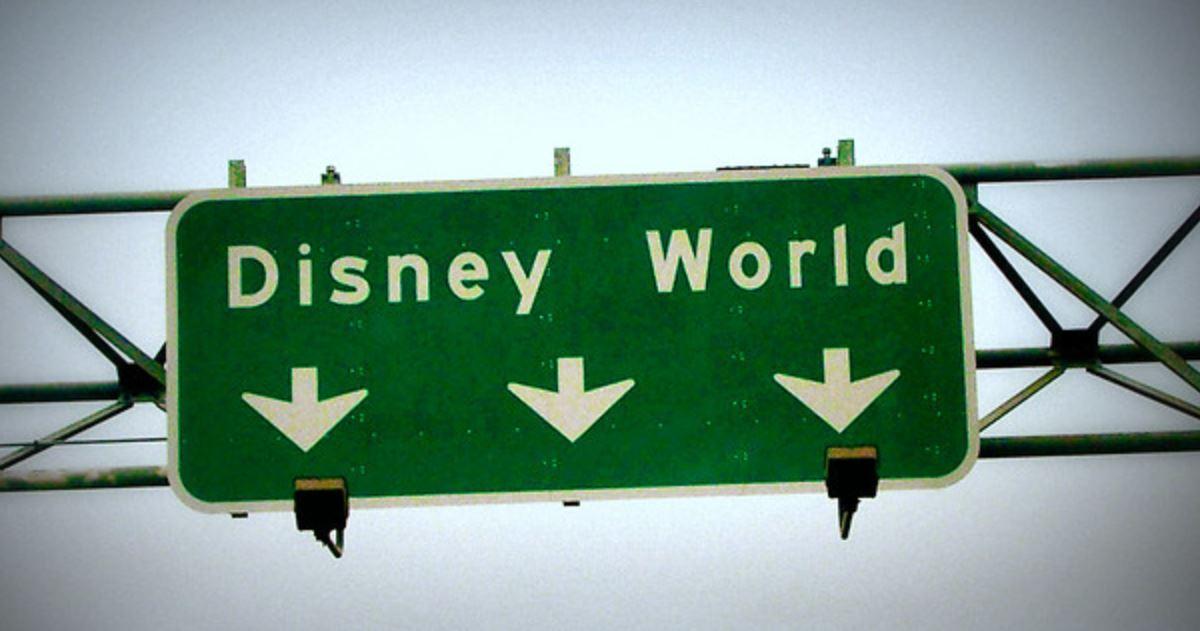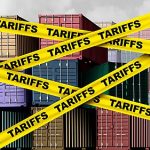
One of the stranger narratives coming out of the controversy over Disney’s “special district” in Florida is the notion that Disney’s Florida property is some sort of truly independent self-governing entity operating without government oversight.
Most claims in this regard wildly overestimate the degree to which Disney enjoys self-governance. Some also claim that Disney’s Florida special district represents some sort of model for a truly “private city” in the model of a sovereign city-state. Or as one Twitter commenter put it, “Unironically, Walt Disney style private city-states is my ideology.”
unironically, Walt Disney style private city-states is my ideology
— Confederate Kierkegarchist (@Kierkegarchy) July 19, 2018
Yet the Disney “special district” means only this:
Its “self-governance” exempts it from local ordinances only.It is a plot of private land fully subject to all state and federal laws.The special district has no sovereignty, and exists only at the pleasure of the state legislature.It has no veto power in regard to laws that could affect it or abolish it.It is not a peer of government entities that exercise some level of real sovereignty, such as a US state or an Indian reservation. It doesn’t even rise to the level of a self-ruling city.
Nothing about the creation of a special district is unique, either. The United States has literally tens of thousands of special districts, which are corporate entities with special prerogatives and which are governed by boards separate from local municipal and county governments. Special districts have been created for many purposes, such as fire suppression, water and sewage, private toll roads, and education. The only thing that’s arguably unique about the Disney special district is that it was created explicitly to benefit a single private for-profit corporation for general purposes. This also means Disney is essentially a private corporation that can issue tax-free “municipal” bonds.
On the other hand, the fact that Disney has its own police force, maintains its own roads, and can exclude people who don’t “follow the rules” means nothing special at all. All this means is that Disney World functions in this respect like a huge shopping mall that employs its own private security and maintains the roads, parking structures, and general infrastructure in its immediate vicinity. (It would be quite wrong, for instance, to think that Disney’s law enforcement institutions are somehow independent from state and local law enforcement. Disney parks are very much within the jurisdiction of the local county sheriff.)
So, needless to say, this idea that Disney World is some sort of revolutionary form of “privatization,” a city-state, or a shining example of a “private city” is misleading and unhelpful.
For example, the use of the phrase “city-state” implies that Disney World is in the same league as modern-day polities like Vatican City or Monaco—or Renaissance states like Cospaia or the Republic of Florence. Indeed, to look at real city-states—which by definition enjoy some actual de facto degree of sovereignty—illustrates just how very wrong it is to portray the Disney World model as revolutionary or somehow contrary to the prerogatives of centralized states. Disney doesn’t even enjoy the status of a “client state” or a “protectorate,” which generally exercises independence in internal affairs. No, Disney World is directly subject to state law and is in every way a fully integrated part of the political jurisdiction known as Florida.
In fact, the Disney World model is best portrayed a just another “public-private partnership” employed by the state government to benefit the state government. The provenance of the Disney special district lies in nothing more than a calculation made by state agents that exempting Disney World from some local government ordinances would benefit the government of the state of Florida in the long run. In this, Florida politicians were probably right, and the Disney special district has helped produce immense amounts of tax revenue that have allowed the Florida government to greatly expand its powers elsewhere. (In this state-corporate bargain, it is Disney’s potential competitors who lose most.)
One can certainly argue in favor of exempting property owners from certain building codes and taxes. That’s a good thing, but it hardly suggests the creation of a city-state or private city. Decentralizing municipal power across smaller jurisdictions—i.e., urban secession—is a good thing as well. This helps to disperse and limit political power. But as with the Disney special district, such changes do not limit the powers or jurisdiction of higher levels of government, such as state or federal governments.
Yet one will still occasionally hear from a libertarian activist that Disney World is a radical model for “private governance” allegedly independent from government oversight. The Disney situation is not nearly as groundbreaking as such statements contend. In fact, the Disney World model only proves that—with an army of lobbyists—a large property owner can enter into a special arrangement with the government in which said property owners are exempted from some local ordinances. That’s all it is.





